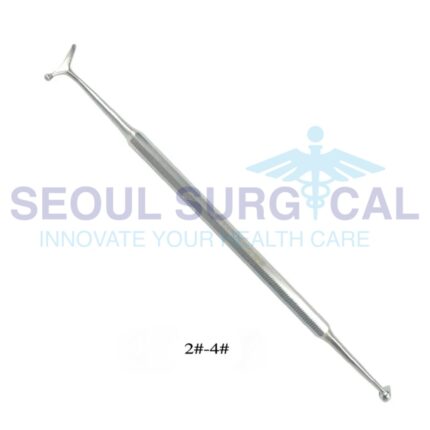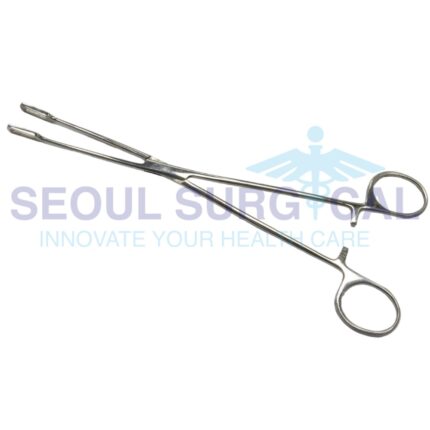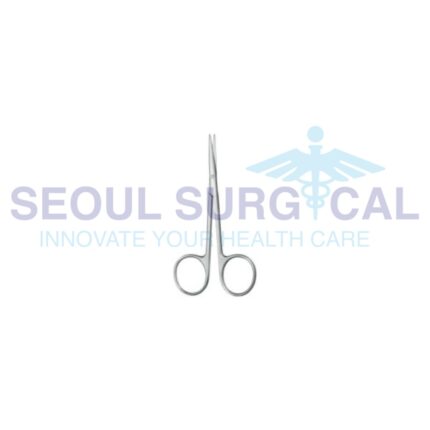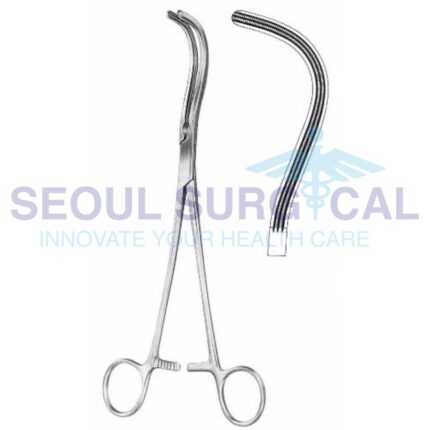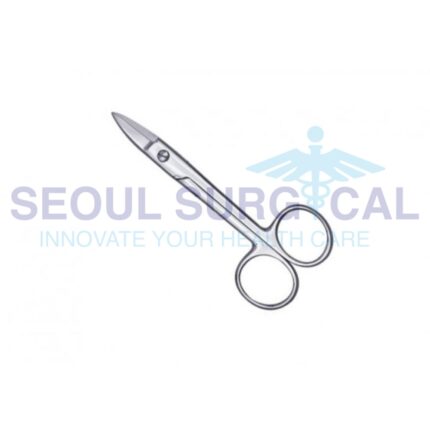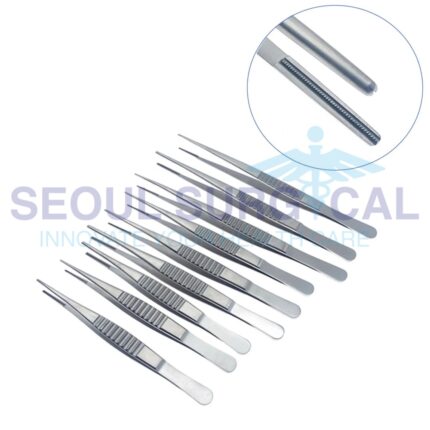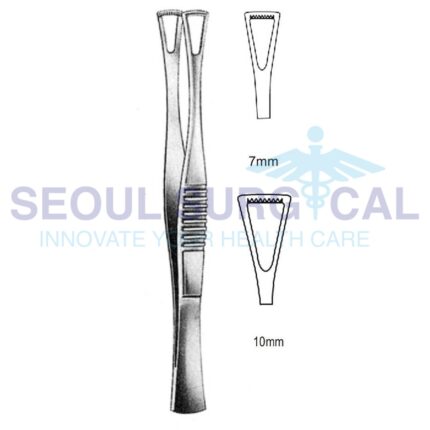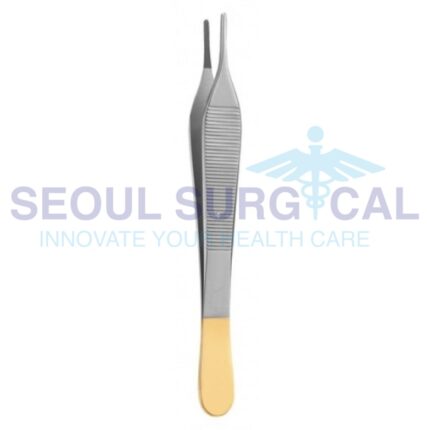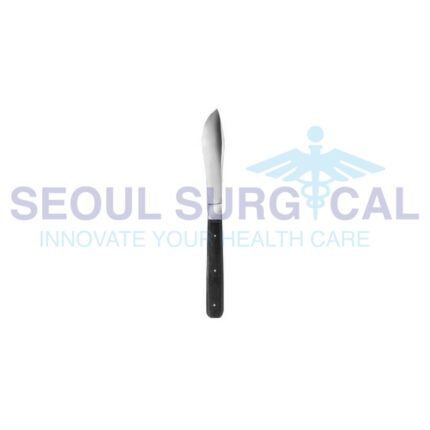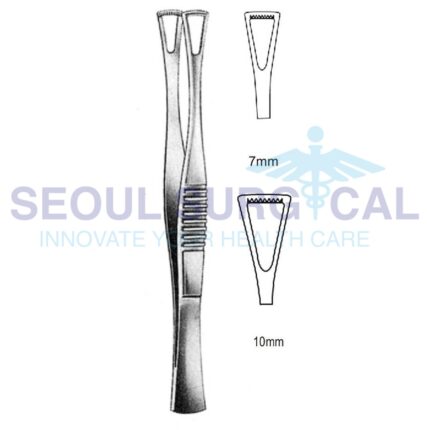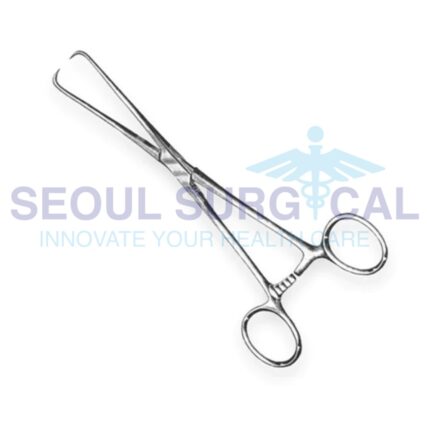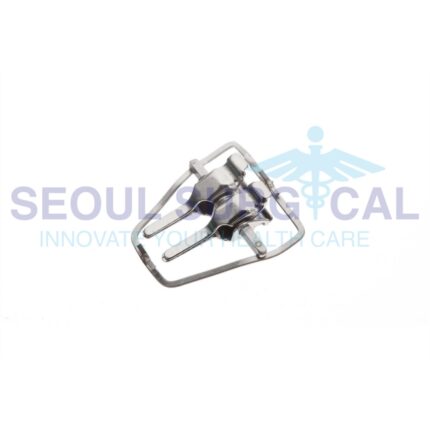Filling the Gaps: The Art of Precision with Dental Filling Instruments
Dental filling instruments play a crucial role in the restorative process, allowing dental professionals to precisely and effectively place, shape, and polish various restorative materials used in dental fillings. The choice of instruments depends on the type of filling material being used, the location of the tooth, and the specific requirements of the clinical situation.
Fine Control in Gynecology: A Comprehensive Guide to Hysterectomy Forceps
It's important to note that the specific forceps used during a hysterectomy may vary based on the surgical approach (abdominal, vaginal, or laparoscopic) and the surgeon's preference. Each type of forceps serves a specific purpose in tissue manipulation, hemostasis, and organ removal during the procedure. Surgical instruments used in hysterectomy procedures are typically made of high-quality materials, such as surgical stainless steel, and are designed to withstand repeated sterilization.
Fine Control in Nasal Surgery: Utilizing Sinus Forceps for Optimal Results
The choice of sinus forceps depends on the specific sinus involved, the nature of the procedure, and the surgeon's preferences. These instruments play a crucial role in sinus surgery, helping to improve sinus drainage, alleviate symptoms, and treat various sinus-related conditions. Surgeons use sinus forceps with precision to navigate the complex anatomy of the nasal sinuses and achieve optimal outcomes for patients.
Fine Control: The Art and Application of Dissecting Ligature Forceps in Surgical Procedures
These forceps are typically made of high-quality surgical stainless steel, and they undergo sterilization before use in surgical procedures. The choice of dissecting ligature forceps depends on the specific surgical or dissection task at hand, the size of the tissues being manipulated, and the surgeon's preference. The delicate design of these forceps allows for precise and controlled tissue handling during intricate surgical procedures.
Fine Detailing: Mastering Nail Care with Cuticle Nippers
Fine Detailing: The Art and Functionality of Atraumatic Micro Forceps
These forceps are typically made from high-quality materials such as stainless steel and are designed to withstand repeated sterilization for use in aseptic surgical environments. Surgeons use atraumatic micro forceps to ensure minimal tissue damage during delicate procedures, such as those in ophthalmology, neurosurgery, and plastic surgery, where precision and gentle tissue handling are crucial for successful outcomes.
Fine Detailing: The Art and Science of Utilizing Cilia Forceps in Surgery
If you have a specific context or application in mind, it would be helpful to provide more details for a more precise answer. Surgical instruments are often designed with specific tasks and tissues in mind, and the choice of forceps depends on the nature of the procedure and the tissues being handled.
Fine Dissection: The Art and Science of Using Specialized Dissecting Forceps
The selection of dissecting forceps depends on the specific surgical or dissection task at hand, the size and type of tissues being manipulated, and the surgeon's preference. Dissecting forceps are typically made of high-quality surgical stainless steel and are subjected to sterilization processes before use in surgical procedures to maintain aseptic conditions.
Fine Edges, Fine Surgeries: Exploring the Latest in Surgical Scalpel Technology for Urology
It's important to note that the proper handling, sterilization, and disposal of surgical scalpels are crucial for maintaining a sterile surgical environment and preventing the spread of infections. Surgeons and healthcare professionals choose the appropriate type of scalpel based on the specific requirements of the procedure and the characteristics of the tissues being incised.
Fine Grasp: The Art and Technique of Splinter Forceps in Minor Procedures
When using splinter forceps, it's important to follow proper hygiene practices and clean the forceps before and after each use. Sterilization may be necessary, especially in clinical settings, to prevent infection. Splinter forceps are a handy tool for prompt and precise removal of foreign bodies, providing relief and preventing potential complications associated with embedded objects in the skin.
Fine Handling: Exploring the Use of Peritoneum Forceps in Abdominal Procedures
The choice of peritoneum forceps depends on the nature of the surgical procedure, the specific tissues being manipulated, and the surgeon's preference. These forceps are made of high-quality materials such as stainless steel and are subjected to sterilization processes before use in surgery to maintain aseptic conditions. The delicate and precise design of these forceps allows surgeons to handle peritoneal tissues with care during abdominal and pelvic surgeries.
Fine Stitch: The Precision and Efficiency of Surgical Approximators in Modern Surgery
The choice of a specific surgical approximator depends on the nature of the surgery, the type and location of tissues being approximated, and the surgeon's preference. Surgical approximators play a crucial role in promoting proper wound healing, reducing the risk of infection, and minimizing scarring.

